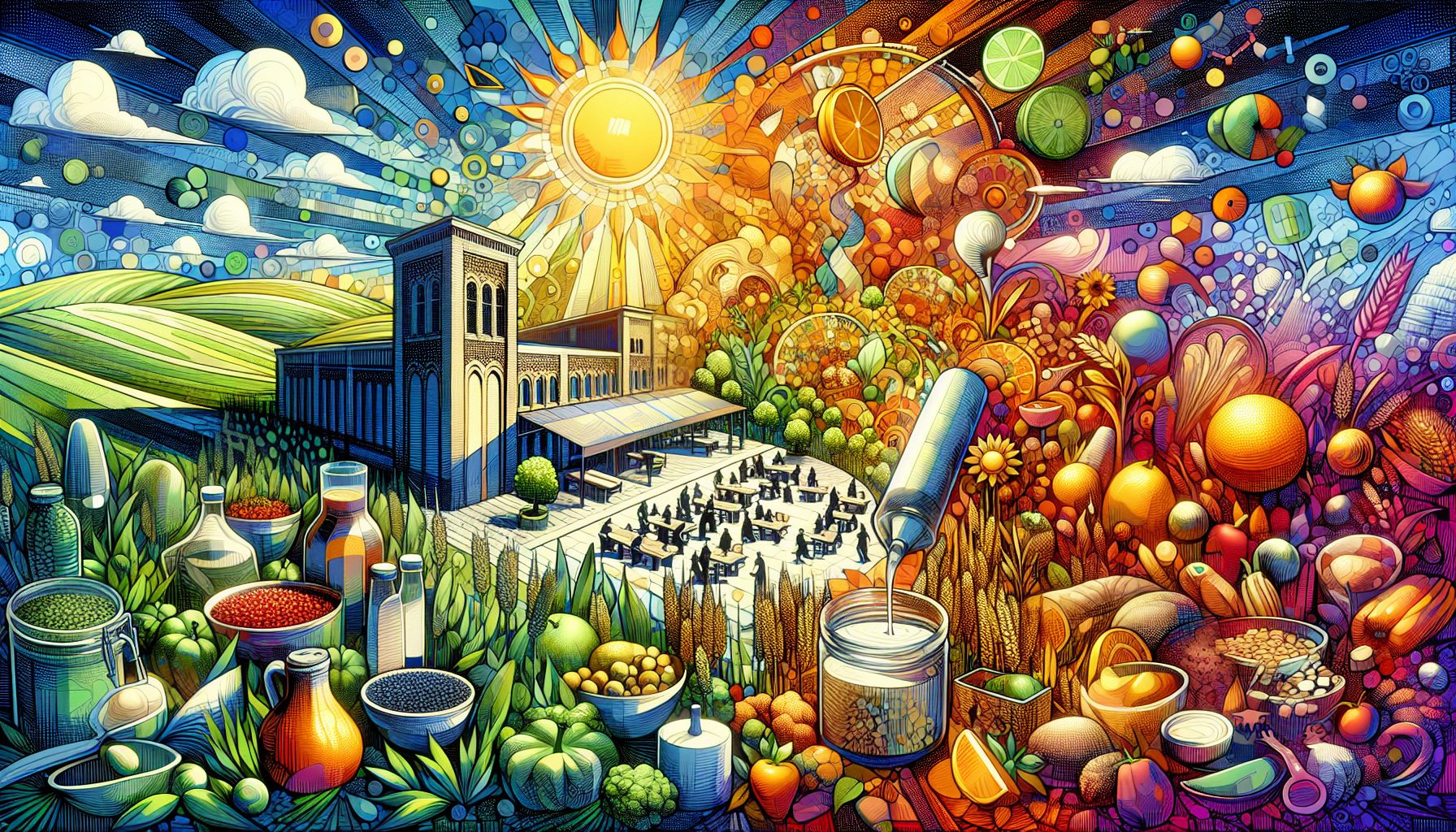Foodvalley Launches Initiative to Make Upcycled Food the New Normal

Wageningen, Tuesday, 2 July 2024.
Foodvalley’s Upcycled4Food Initiative aims to transform food waste into valuable products, backed by industry leaders. The project seeks to integrate upcycled ingredients into mainstream production processes, potentially revolutionizing the agrifood sector’s approach to sustainability.
An Innovative Approach to Food Waste
Foodvalley’s Upcycled4Food Initiative, launched on June 18th during the international ‘Towards Halving Food Waste in Europe’ conference, is a landmark effort in the agrifood sector. By focusing on the integration of upcycled ingredients into product development, the initiative seeks to make upcycled food products and ingredients the ‘new normal’ for producers, supermarkets, and food service entities. This movement is crucial as it aims to reduce food production pressures on climate and natural resources by repurposing unavoidable food waste.
The Mechanics of Upcycling
Upcycling in the food industry involves transforming food waste into high-value products. This process not only reduces waste but also creates sustainable food solutions. For instance, companies like Lidl Nederland are already incorporating rest streams from their supply chain into high-quality products under their ‘Verspil-mij-niet’ line. The Upcycled4Food Initiative promotes similar practices, aiming to establish collaborations and improve market opportunities for innovative food products.
Key Players and Supporters
The Upcycled4Food Initiative is supported by numerous stakeholders in the agrifood sector, including Oost NL and the Duynie Group. These organizations are pivotal in driving the transition towards a circular agrifood system. Duynie Group, for instance, is dedicated to optimizing the use of raw materials from the food, beverage, and biofuel industries, aligning perfectly with the initiative’s goals. Foodvalley, based in the Netherlands, plays a central role in facilitating this transition, inviting more companies to join the movement through their website.
Benefits of Upcycling
The benefits of upcycling are manifold. According to research, adopting circular food systems can significantly reduce greenhouse gas emissions and land use. For example, a study by Wageningen University & Research found that redesigning the European food system could reduce agricultural land use by 44% and greenhouse gas emissions by 70%[1]. By converting food waste into valuable products, the initiative not only helps in reducing environmental impact but also promotes sustainable practices within the agrifood sector.
Future Prospects
The Upcycled4Food Initiative is poised to redefine the agrifood landscape by turning food waste into a valuable resource. By fostering collaborations and encouraging the adoption of upcycled ingredients, Foodvalley aims to create a sustainable and circular agrifood system. This initiative not only addresses the pressing issue of food waste but also aligns with global efforts to mitigate climate change and promote sustainability.

